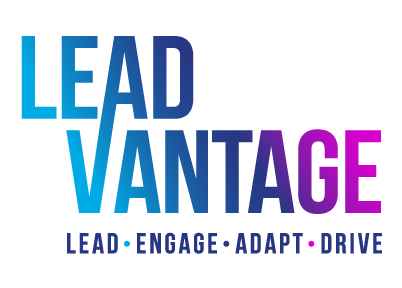The “overwhelmed employee” – we know them and often are them.
- “I’m exhausted!”
- “I’m constantly busy!”
- “I can never catch up or fetch my breath!”
- “I’m burnt out!”
Both before the pandemic and even more so post-pandemic, we hear these words on repeat. Regardless of position or industry, unsustainable workloads and consequent burnout are rampant.
In the book, “Peak Performance,” Stulberg and Magness state that “more than half of white-collar workers believe they’ve reached a breaking point: They simply can’t handle any more information, and they report feeling demoralized as a result.”
While we feel exhausted, we continue the vicious cycle of go, go, go.
Based on a survey conducted across 2,500 companies and 90 countries, the findings are astounding (Source: (“Peak Performance” by Brad Stulberg and Steve Magness):
- 1/3 of American workers say they take a proper lunch break, while the other 66% opt to eat lunch while working or skip lunch altogether.
- On average, Americans leave five vacation days unused every year.
- When you consider fewer breaks, unused vacation, and extra hours of work per work, the average American “workweek is 47 hours” and “are grinding away for almost an entire extra day each and every week.”
How do we manage the unsustainable workload, stress and burnout?
Stress + rest = growth
“Stress demands rest, and rest supports stress.” (“Peak Performance” by Brad Stulberg and Steve Magness)
Stulberg and Magness illustrate the importance of viewing our workloads as a cycle in the book.
- Isolate the capability you want to grow
- Stress it
- Rest and recover, allowing for adaptation to occur
- Repeat – this time, stressing the capability a bit more than you did last time
What are day-to-day strategies I can deploy to avoid burnout?
The authors provide tactical performance tips based on science and research to combat the “overwhelmed employee” or leader, some of which include:
- Alternate stress and rest daily and weekly.
- Insert short breaks to recover throughout the day.
- Strategically set your off days and vacations to follow times of heavy stress.
- Take on a few challenges at once, only take on what you can chew.
- Ensure your surroundings/environment are conducive to stress relief, rest and recovery.
- Do not multitask, as we can “do only one thing at a time.” (“Peak Performance” by Brad Stulberg and Steve Magness)
- Quality trumps quantity.
- Identify and then remove distractions.
- Chunk your days into 50-90 minute focused tasks.
- Practice mindfulness exercises to “turn it off” (“Peak Performance” by Brad Stulberg and Steve Magness)
- Take breaks throughout the day and refrain from feeling guilty when doing so. They’re critical to performance.
- Sleep at least 7-9 hours per day.
- Surround yourself with positive energy and people. “Recognize the enormous power of the people with whom you surround yourself.” (“Peak Performance” by Brad Stulberg and Steve Magness)
- Optimize your routine by developing a sequence of activities. Be consistent.
Stress is inevitable, so what we do with it matters. Yes, high pressure will exist more often than we’d like, so we must also engage in practices that allow for intense restoration and recovery and to avoid burnout.
What can you do to balance your day to allow for peak performance and to show up as your best selves and leaders?
We leave you with this quote from Brene Brown:
“If we want to live a Wholehearted life, we have to become intentional about cultivating sleep and play, and about letting go of exhaustion as a status symbol and productivity as self-worth.”
What does your wholehearted life look like? What will you do as a leader to promote a wholehearted life for your employees and teams?

There’s a lot at stake when high-performing employees are promoted to leaders. To function at a peak performance level, it’s critical to equip emerging leaders with the skills they need to succeed in their new roles. From communication and conflict resolution to team-building and emotional intelligence, we cover all the personal and professional skills that make a leader successful.
To learn more about what we do at Lead Vantage and to explore how we can support you in sharpening your leadership performance, visit https://leadvantage.ca/about-lead-vantage-lead-with-purpose/ or contact us at info@leadvantage.ca.





